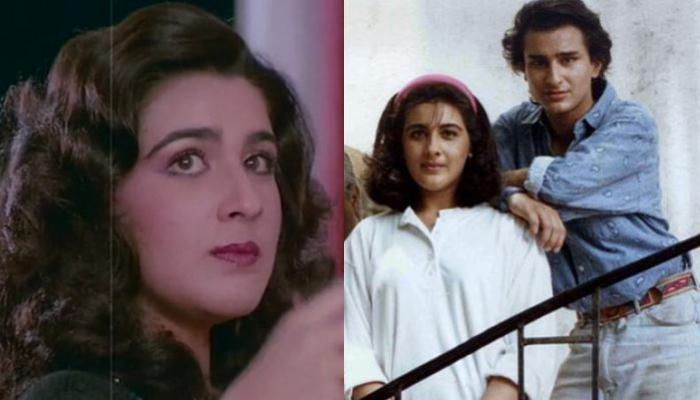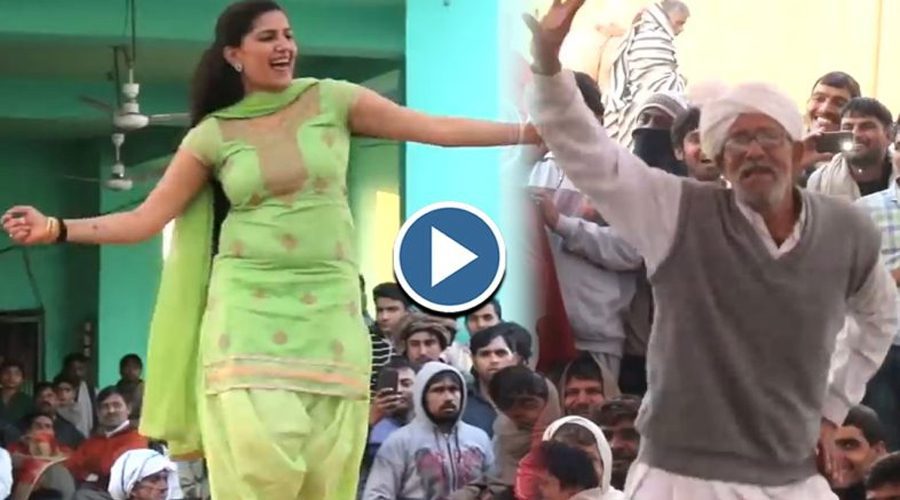BJP Trouble National Election: A year prior, the Bharatiya Janata Party looked relatively sure to hold control after the following national race. In any case, ongoing sentiment studies demonstrate its notoriety melting away. A Lok Sabha lion’s share for the gathering without anyone else now seems ridiculous. Regardless of whether its seat add up to slips gravely, it might at present have the capacity to frame a legislature with the help of partners, yet they may request a difference in executive.
BJP Trouble National Election-
In May, a CSDS-Lokniti study found that exclusive 22% of the Scheduled Castes support the BJP, down 8 rate focuses since January. The story is comparative among the Scheduled Tribes. Support from agriculturists dove from 49% a year sooner to 24%. Among alternate discoveries:
- 61% of each one of those overviewed said that the administration had done severely at controlling costs.
- 55% said it had performed ineffectively at controlling debasement.
- 61% said that the legislature was degenerate.
- 64% had a negative perspective of improvement under the BJP.
- 57% said that occupations – Modi’s mark guarantee of 2014 – are harder to discover under the BJP.
- 47% were disappointed with the administration’s general execution – up from 27% a year sooner.
- 38% of 2014 voters for the BJP and its partners did not need them re-chose.
In the event that we consider the BJP’s prospects state-by-express, a comparable picture rises. Give us a chance to start with states where the BJP may make gains. Its best expectation is Odisha, where it won one of 21 situates in 2014. This seems, by all accounts, to be the main state where its notoriety has risen strongly. It is unsafe to think little of boss clergyman Naveen Patnaik, yet the BJP may get somewhere in the range of 10 and 15 situates there.

Humble increases might be conceivable in the Northeast. The BJP may enhance a little in Assam, where it won 7 of 14 (albeit late overviews indicate it trailing), and in the littler states where it won 1 of 10. It might likewise pick up a bunch in West Bengal where it won 2 of 42 out of 2014.
In any case, taken together, those states choose just 87 MPs. That number is overshadowed by the 326 seats where the BJP will likely lose a few or many.
It is probably going to lose a couple in Delhi (where it won 7 of 7), Haryana (7 of 10), Chhattisgarh (10 of 11), Gujarat (26 of 26), Uttarakhand (5 of 5) and Himachal Pradesh (4 of 4). Those states choose 63 MPs.
It will presumably lose a couple and maybe numerous in Bihar (where it won 22 of 40, with a further 9 heading off to its partners) and Jharkhand (12 of 14). Additionally in this rundown is Karnataka (17 of 28). The uneasy coalition amongst Congress and the Janata Dal (Secular) seems set to get by in any event until the Lok Sabha decision, and is probably going to catch a couple of extra couple of seats. The BJP will presumably lose a few, maybe many, in Maharashtra (where it won 23 of 47) if no understanding is come to with the Shiv Sena. Regardless of whether those two gatherings challenge together, keen spectators in the state trust that each will attempt to guarantee the annihilation of hopefuls from the other. These states choose 129 MPs.
The gathering may lose greatly in Uttar Pradesh if the collusion between the Samajwadi Party and the Bahujan Samaj Party holds up, maybe with understandings with the Rashtriya Lok Dal as well as the Congress. The greater part of the 71 of 80 situates that the BJP won there in 2014 are in danger.
At long last, the BJP seems sure to lose countless in two other sizeable states. In Madhya Pradesh (where it won 27 of 29), an ongoing overview found the Congress with an agreeable lead. In Rajasthan, where the BJP won every one of the 25 seats, surveys propose that it is stuck in an unfortunate situation. It settled on the inquisitive decision of Vasundhara Raje Scindia as boss pastor, despite the fact that in her first term in control she maladroitly distanced all groups in the BJP and drove the gathering to overcome in 2008. A comparative destiny anticipates it today. The Congress seems ready to recover the state government and most Lok Sabha situates there too. In these two expresses, the BJP is probably going to lose the greater part of the 52 of 54 seats that it won in 2014.

In the southern conditions of Kerala, Tamil Nadu, Puducherry, Andhra Pradesh and Telangana, the aggregate number of Lok Sabha seats are 102. In 2014, the BJP won four seats, two of which originated from Andhra Pradesh where it was in partnership with the Telugu Desam Party. In 2019, those numbers are not really liable to move forward.
To total up, the gathering will most likely make constrained gains in states that choose just 87 MPs, while it is faces humble to-real misfortunes in states where 326 seats are in question.
It seems incomprehensible for the BJP to win a lion’s share (272) all alone. It is still very conceivable that it will win enough seats to shape an alliance government. In any case, it should deal with unified gatherings that are profoundly baffled with Modi’s wilful, lethargic ways. On the off chance that the BJP wins minimal in excess of 200 seats, those gatherings may demand a difference in leader. The RSS, which lean towards government through organizations to one-man run, is apparently prepared with an option. In the event that the BJP’s notoriety decreases much further, its partnership may even battle to shape or to manage a legislature.
The circumstance is liquid, so things may swing back to support its. Amit Shah’s association building may receive benefits. So may collective polarization, despite the fact that it has discovered little footing outside Gujarat and Uttar Pradesh. Startling occasions may encourage the BJP, or its ingenious pioneers may spring sensational astonishments that turn things round. ‘Brand Modi’ still has influential power, enormously amplified by many groveling or threatened media outlets. However, for the present, the fantasy of a Congress-mukt India, don’t worry about it a restriction mukt India, is in genuine danger.
See More : At 8.2% Growth, Is All Well in India’s Informal Economy and Unorganized Sector?


